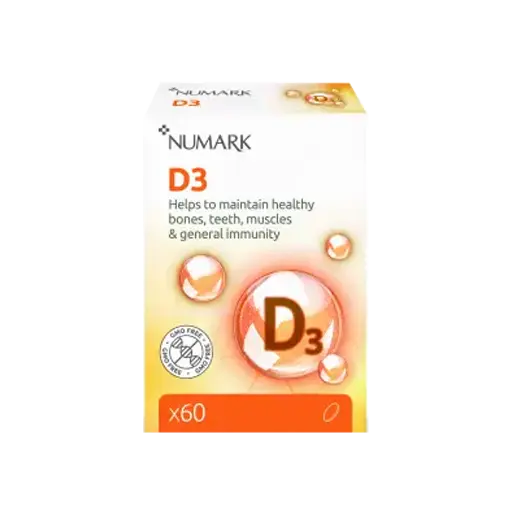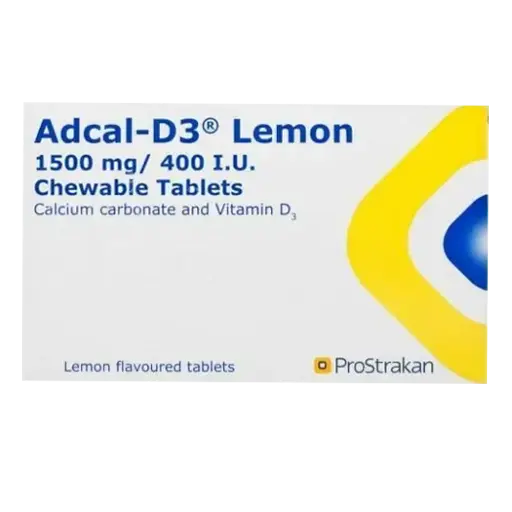
-
Next day delivery available
-
Genuine medication
-
Discreet packaging
Vitamin D Capsules 1000iu
What are Vitamin D capsules?
Vitamin D capsules are supplements used to help maintain healthy bones, teeth, and muscles by regulating calcium and phosphate levels in the body. Vitamin D is sometimes called the “sunshine vitamin” because the body produces it when exposed to sunlight.
What are Vitamin D capsules used for?
Vitamin D capsules are used to prevent or treat Vitamin D deficiency, which can lead to bone problems like rickets in children and osteomalacia or osteoporosis in adults. They are also recommended for people who do not get enough sunlight, such as those living in colder climates or spending a lot of time indoors.
Vitamin D and Pregnancy
Vitamin D is essential during pregnancy for the healthy development of the baby’s bones and teeth. Pregnant women are often advised to take a daily Vitamin D supplement to ensure they get enough for both themselves and their baby.
Vitamin D and Breastfeeding
Breastfeeding mothers are usually advised to continue taking Vitamin D supplements to ensure both they and their baby get enough of the vitamin. Vitamin D is important for the baby's growth and development.
Signs of Vitamin D Deficiency
Signs of Vitamin D deficiency include:
- Fatigue
- Muscle weakness
- Bone pain
- Mood changes
How much Vitamin D should I take
The typical dose of Vitamin D capsules is 400-1000iu per day for adults. However, those with a deficiency may require a higher dose, as recommended by their doctor.
Vitamin D side effects
Side effects are rare, but taking too much Vitamin D can cause high calcium levels, which may lead to symptoms like nausea, vomiting, or confusion. If you experience these side effects, stop taking the tablets and consult your doctor.
How to store Vitamin D capsules
Store in a cool, dry place, away from direct sunlight and out of reach of children. Keep the tablets in their original packaging and do not use after the expiry date.
More information
For more information you can visit the NHS page on vitamin D
Frequently Asked Questions (FAQ)
-
Should I take Vitamin D capsules if I don’t get much sun?
Yes, Vitamin D supplements are often recommended for people who spend a lot of time indoors or live in areas with little sunlight.
-
Can I take Vitamin D capsules with other vitamins?
Vitamin D can be taken with most other vitamins, but always check with your doctor or pharmacist if you are taking multiple supplements to avoid potential interactions.
-
How much Vitamin D should I take daily?
The recommended daily amount for adults is between 400-1000iu per day, but if you're deficient, your doctor may advise a higher dose.


